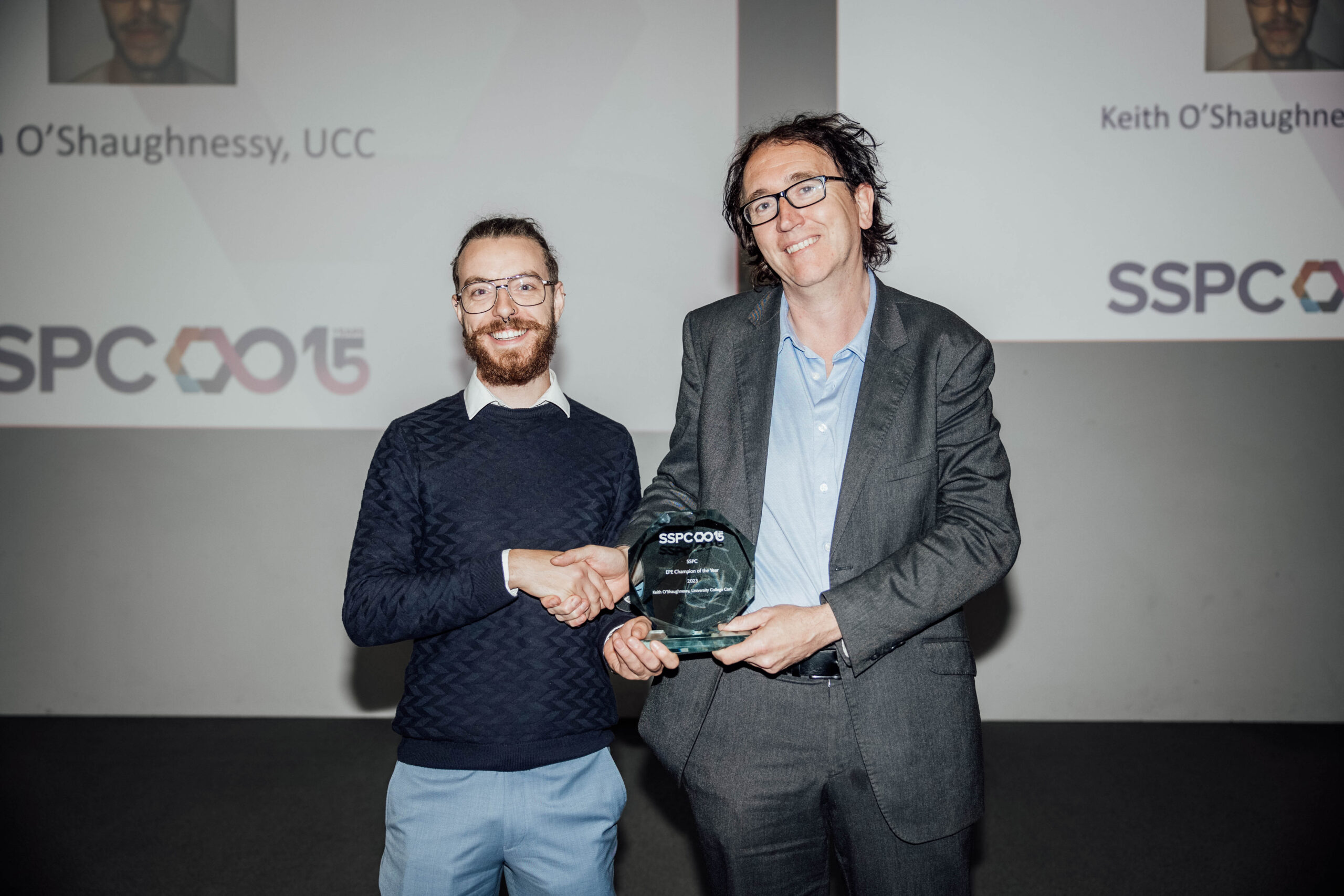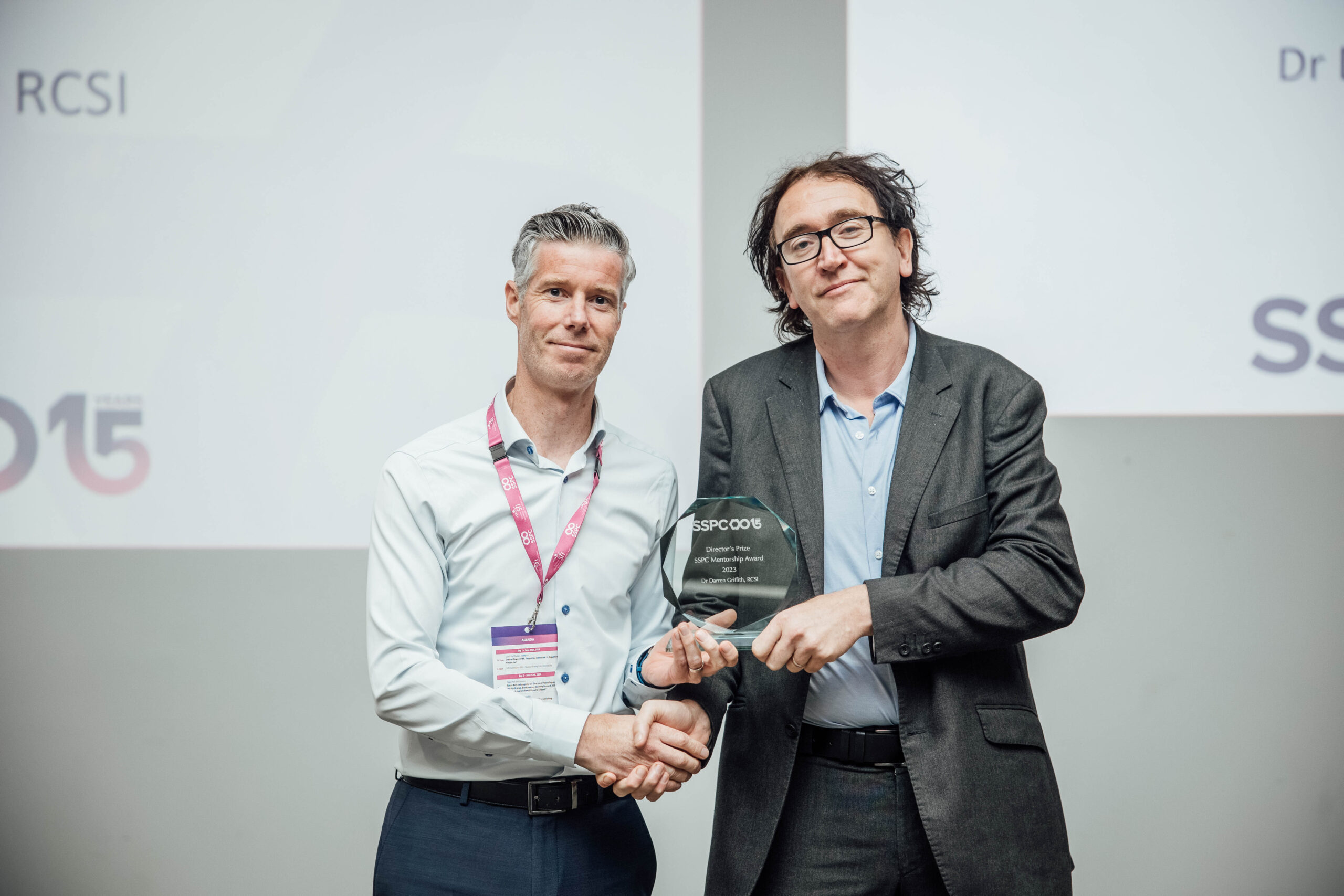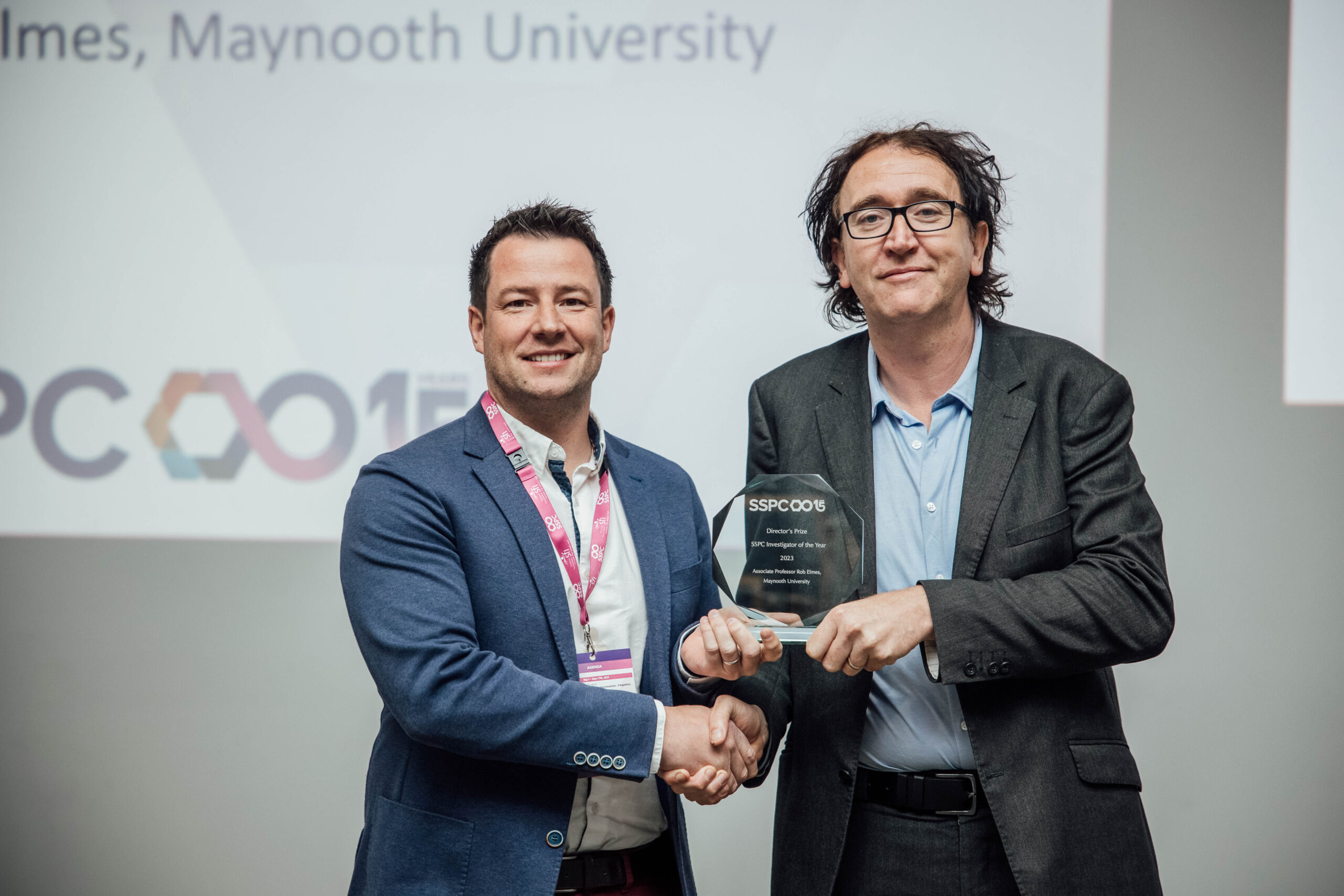Prof. Lidia Tajber, SSPC investigator at Trinity College Dublin, deputy coordinator on €8M consortium project IMPACTIVE (Innovative Mechanochemical Processes to synthesise green ACTIVE pharmaceutical ingredients).

SSPC Funded Investigator, Prof. Lidia Tajber, Trinity College Dublin, an expert in mechanochemistry, has been successful in securing funding for IMPACTIVE consortium as part of the HORIZON Research and Innovation Actions call for green pharmaceuticals. The IMPACTIVE consortium brings together the expertise from two COST Action projects and includes a total of 18 beneficiaries (plus 2 affiliated entities) from 11 different countries. Today marks the 4-year project kick off at Montpellier.
Currently the environmental impact of the pharmaceutical industry is a huge problem, the consumption of pharmaceuticals is increasing globally, therefore much thought is now on the environmental consequences of our increasing reliance on medication. There are many challenges that need to be addressed as the amount of drugs released into the environment is set to increase in the near future. Therefore the EU is preparing to address the increasing problem of environmental pollution due to pharmaceuticals throughout their life cycle.
Prof. Lidia Tajber said:
“I am delighted to secure funding on such an important topic that aims to work on an affordable alternative to current API manufacturing methods and ultimately reducing environmental pollution. We aim to address the issue of creating new methods by using mechanochemistry, which is a a solvent-free, highly efficient, environmentally friendly, and affordable disruptive technology to produce APIs.”
“A goal of the IMPACTIVE project aims to validate the use of mechanochemistry for API manufacturing. Mechanochemistry has already been successfully adopted in other industries already, including aerospace, cosmetics, biomass transformation and agro-foods. Ultimately Pharmaceutical industries will have a better understanding of the environmental impact of pharmaceuticals.”
SSPC Director, Prof. Damien Thompson added:
“The growing concern about environmental issues is putting more pressure on the pharmaceutical industry. Therefore, there is a need for research and innovation integrating various stakeholders to facilitate market access of innovative health technologies. A project like this is a win for everybody as new methods to produce green pharmaceuticals is a must. I would like to congratulate Lidia and the consortium on securing funding on such an important project. ”
By helping promote the green innovation in the pharmaceutical manufacturing of marketed medicinal products, in particular manufacturing of their APIs. This project will contribute to ensuring supplies of medicinal products and prevent shortages as well as crisis preparedness.



























